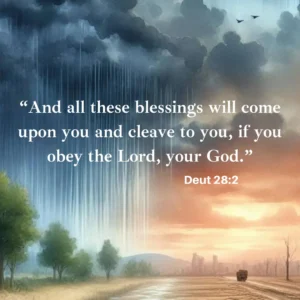In parashat Ki Tavo, as in other portions of the Torah, blessings and curses are deeply connected to the covenant between Israel and God. The blessings come when Israel is faithful to this covenant, while the curses, or rebukes (tochachah), occur when the people stray from it. These blessings and curses have both supernatural and natural dimensions: on one hand, they signify a direct relationship between the people’s actions and divine response, while on the other, they reflect natural consequences of disunity and injustice within the community.
The terrifying curses, particularly in the context of the Holocaust, raise profound questions about God’s justice and the suffering of the innocent. Judaism does not shy away from grappling with these challenges, acknowledging that some mysteries, such as why bad things happen to good people, may remain beyond human understanding. This is compared to viewing a beautiful rug from its reverse side—unable to see the full design from God’s perspective.
Exile (galut), as described, is not necessarily a result of direct punishment from God but represents a withdrawal of divine providence, leaving Israel vulnerable to human injustice and chance. Throughout Jewish history, such times of suffering have often led to self-reflection and national renewal, where the Jewish people see suffering as a call to return to their covenant with God.
Ultimately, the passage emphasizes that blessings and curses serve as reminders of Israel’s unique relationship with God, where their fate as a nation reflects their moral and spiritual unity. Despite the trials, the Jewish people’s ability to see suffering as a means to renewal has allowed them to maintain hope and emerge stronger from adversity.

